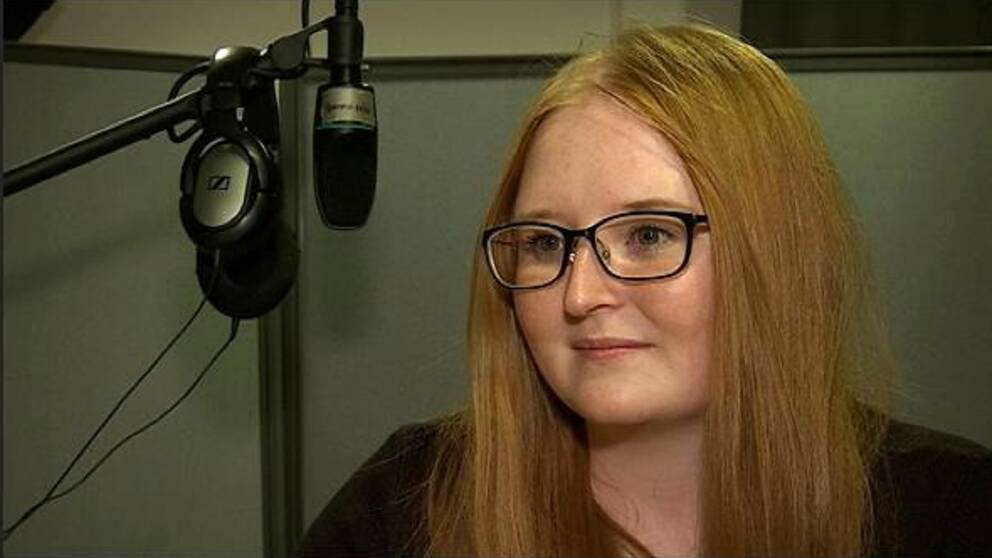The number of mushrooms has exploded in recent years and has become very popular. But far from all podcasts have adopted the press ethical rules that govern, for example, newspapers and public service.
- Podcast producers are often alone workers who do everything themselves. And they don't identify with the big media houses, says Annelie Norberg, a teacher at the university's podcast education in Norrköping, the only one in the country.
Happy with the thought of a media ombudsman- I think a media ombudsman would get podcasters to associate themselves with these issues themselves. Both the poders and listeners would have much benefit and pleasure from such.
Commercial exploitationThe cultural news review of true-crime mushrooms shows that there are many relatives who feel relentlessly exploited by the commercial mushrooms.
Since it is not illegal to request public documents, such as audio recordings from trials or preliminary investigative material, relatives now demand that the legislation be reviewed when there is no public interest.
The drama is increasingAnnie Engdahl, together with Annie Lindgren, has written a C-essay where they compare commercial podcast with public service. They have also examined the genre of true crime, which includes the trial podium.
- As competition hardens so quickly in this genre, I see that the drama has also increased.
The browser is not supported
SVT does not support playback in your browser. We therefore recommend that you switch to another browser.
Learn more about browser support
You need JavaScript enabled in your browser to view this video.
Student Annie Engdahl has compared commercial podcast with public service. Photo: SVT
